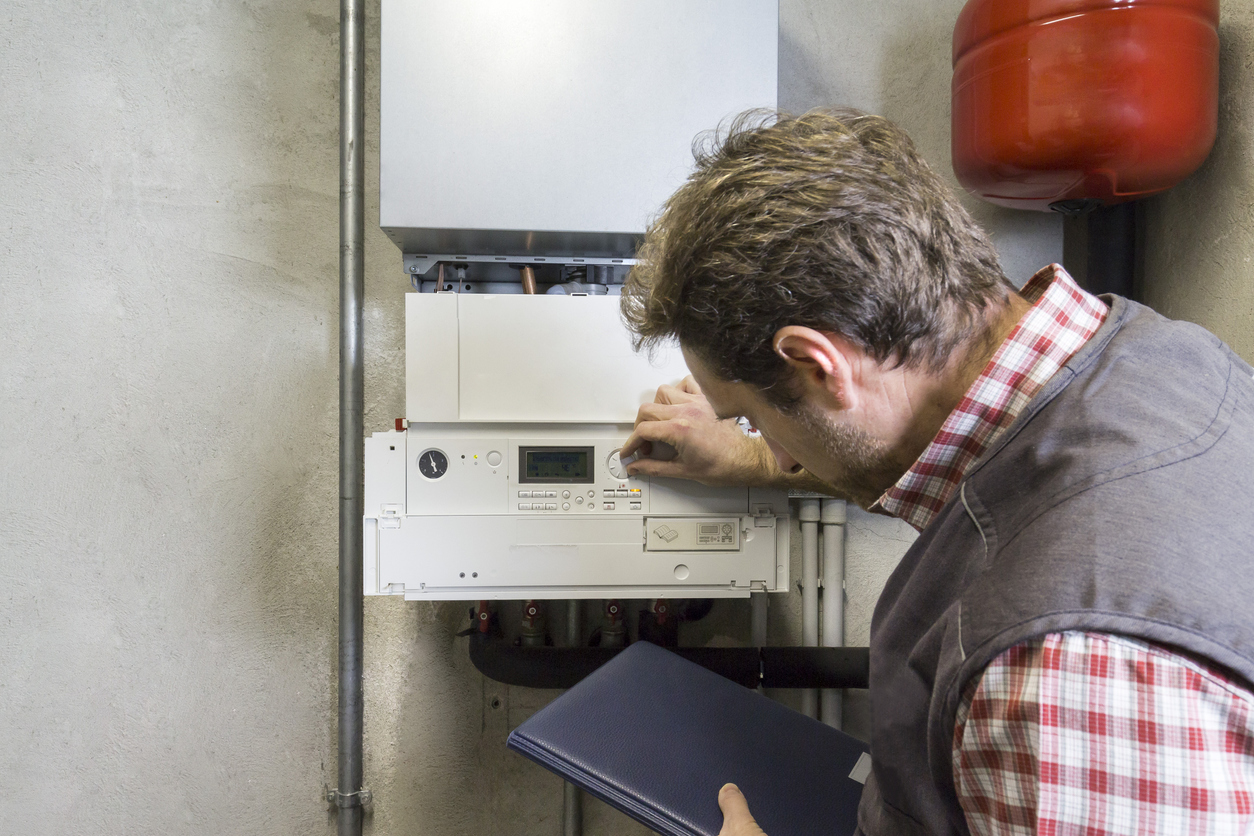How to Save on Gas Bill in Winter
It makes sense to make plans for the upcoming winter and take steps to reduce your heating expenses. These are reasonable and practical tips that will help you keep your house warm and cut down on gas usage without breaking the bank. So, if you want to learn more about ways you can save on your monthly gas bill this winter, keep reading.
How can we reduce gas usage in winter?
Finding strategies to stay warm while reducing your energy usage is crucial as the winter months draw near. The following practical tips can assist you in reducing your wintertime gas consumption:
· Adjust your thermostat to save energy: Every degree that your thermostat decreases could save energy. Therefore, to stay comfortable and toasty, try lowering the thermostat a few degrees and wearing more clothes if possible. The key is to find a balance between savings and comfort.
· Install smart thermostat technology: Buy a thermostat that can be set to adjust the ambient temperature at predetermined times of the day. You can change the temperature to be higher when you're at home and lower when you're not asleep.
· Insulate your home: Stop leaks and insulate your home by looking for drafts near doors and windows and any additional entry points. To stop heat loss, seal these openings with weather stripping.
· Keep your heating system in good working order: Make an appointment for a professional furnace inspection and tune-up prior to the winter season. A well-kept furnace operates more efficiently and consumes less gas, which will save you money.
· Change the furnace's filters: Replace or clean the filters in your furnace on a regular basis. Blocked filters can restrict air circulation, which makes your furnace work harder and use more gas.
· Upgrade your appliances: If your current furnace is older and you have the budget for it, consider replacing your outdated equipment with a new, energy-efficient model.
By using these tips in your winter routine, you can make your house more cost-effective and environmentally friendly while also reducing your gas usage. It's a win-win situation for all!
What uses the most gas in a home?
There are several factors that might contribute to high gas usage in a home, including appliances that you use each and every day. Some of the primary gas burners found in homes are as follows:
· Heating system: Heating accounts for the majority of gas used in many homes, particularly during the winter. For gas boilers, space heaters, and furnaces, your gas bill may exceed an enormous amount when misused. Regular maintenance and appropriate insulation can help to improve the effectiveness of your heating system.
· Water heater: A water heater, especially an older, less efficient model, is yet another significant gas burner. By sealing the hot water pipes and lowering the water heater's temperature, gas consumption can be reduced. For even more significant savings, think about switching to a tankless heater if you have the budget for it.
· Clothes dryer: Gas-powered laundry dryers need a lot of gas. Two methods for improving dryer efficiency are cleaning the lint filter and improving circulation.
· Fireplaces: Gas fireplaces are useful, but they can require a lot of gas, mainly if they are utilized frequently. Reducing the frequency of use or selecting more energy-efficient models will help reduce gas use.
Does hot water use gas?
Yes, hot water systems can use gas as a fuel source. There are two main kinds of gas water heaters often installed in homes. Let’s take a closer look below:
1. Gas tank water heaters: These water heaters use a tank to hold and heat a certain amount of water. These methods heat the water using a gas burner at the bottom of the tank. When hot water is required, the burner is lit, heating the water in the tank until it reaches the appropriate temperature.
2. Tankless gas water heaters: Gas water heaters that are tankless or operate on demand heat water as it passes through the device. A gas burner heats water as needed, eliminating the requirement for a storage tank and ensuring a steady supply of hot water. Tankless gas water heaters are known for their energy efficiency and the advantage of not storing hot water when not in use.
It's important to note that there are also electric water heaters available, which use electricity as the energy source for heating water in homes where natural gas isn't already available. And the choice between gas and electric water heaters really often depends on factors such as local energy costs, home characteristics, and your personal preferences.
Are you looking for a way to make your home more energy efficient so you can save on your gas bill this winter? If so, you've come to the right place. With over 40 years of experience partnering with homeowners, the professional HVAC team from Oosterveld Heating and Air Conditioning is well-prepared to provide customized solutions tailored to your needs.
Whether HVAC repairs, maintenance, or the installation of a new unit, homeowners can count on our certified HVAC technicians to get the task done right the first time around. Oosterveld Heating and Air Conditioning proudly operates throughout Acton, Cambridge, Fergus, Puslinch, Belwood, Elora, Guelph, and Rockwood, Ontario.
We're available for all repair and maintenance services 24/7/365 days a year, including after-hours, weekends, and holidays, at no additional cost to you ever. You can also count on us for same-day repairs in emergency cases.
Want to install a new energy-efficient unit in your home? Book a consultation appointment with one of our home comfort advisors to learn more about the options available to you. We’ll work closely with you to ensure your new unit fits your needs and budget. If costs are a concern, know that we offer a selection of discounts and financing options that can help you save on your new purchase. You’ll also get a complimentary new system purchase estimate.
Book your appointment with Oosterveld Heating and Air Conditioning online or over the phone today!




